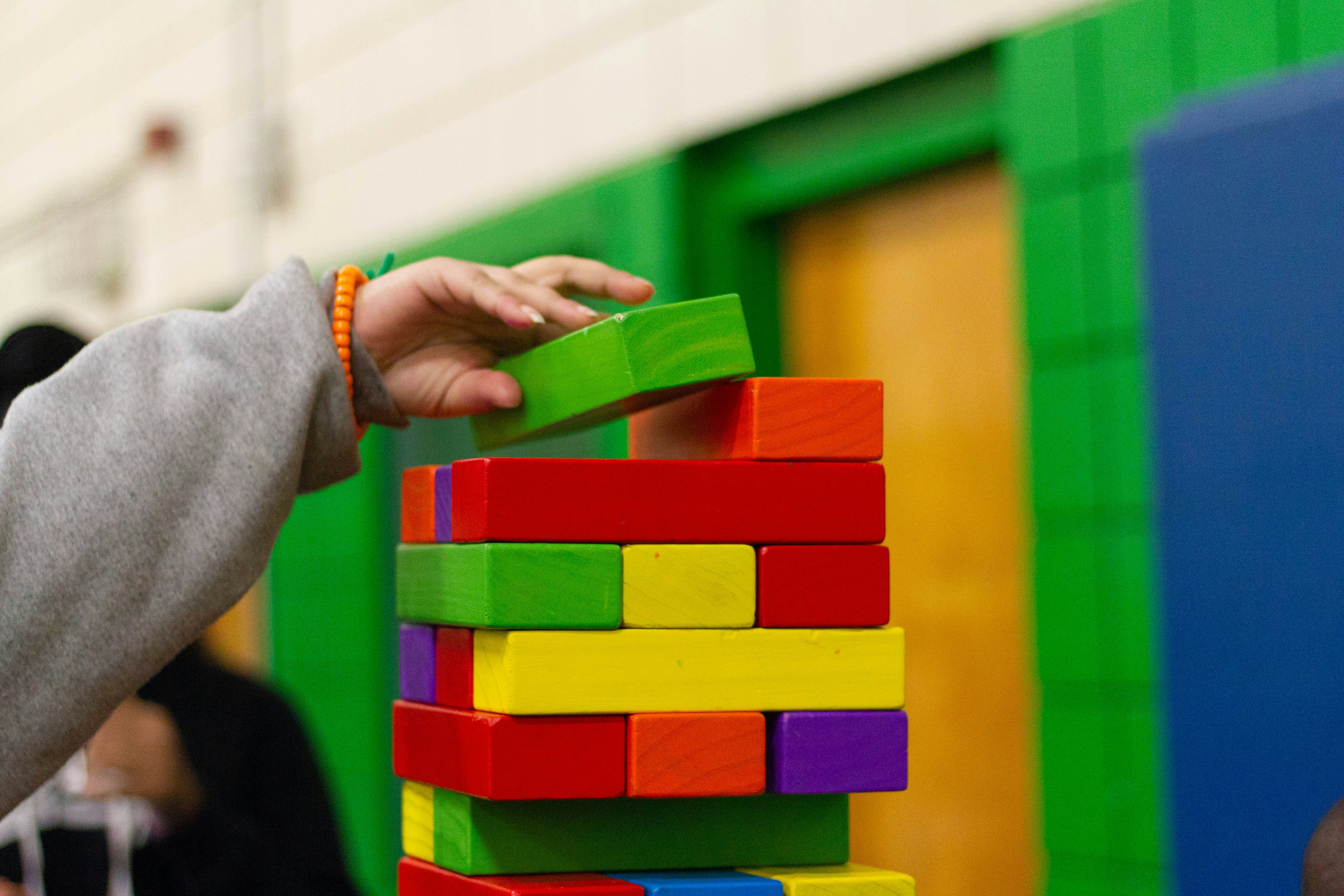Milestones in Early Brain Development (0–5 Years) | Cognitive Growth & Learning
Milestones in Early Brain Development (0–5 Years)

The first five years of a child’s life are a whirlwind of growth, curiosity, and discovery. During this period, the brain develops at an astonishing pace, forming neural connections that lay the foundation for future learning, behavior, and health. Understanding these milestones helps parents and educators nurture cognitive, emotional, and social skills effectively.
In this article, we’ll explore the key stages of brain development, the role of children stories, play, and interaction, and practical tips to support your child’s growth.
1. The Foundation: Brain Development in the First Year (0–12 Months)

Key Milestones
- 0–3 Months: Sensory development (recognizing voices, tracking objects).
- 4–6 Months: Improved motor skills (grasping, rolling over).
- 7–12 Months: Language foundations (babbling, responding to names).
How to Support Growth
Reading bedtime stories or singing nursery rhymes stimulates auditory and language skills. Interactive play with high-contrast toys enhances visual tracking.
2. Toddler Years: Explosive Learning (1–3 Years)

Cognitive Leaps
Toddlers begin to solve problems, mimic adults, and use simple sentences. Picture books and interactive stories fuel their imagination and vocabulary.
Social & Emotional Growth
Introduce moral stories or fables to teach empathy and decision-making. Pretend play with dolls or action figures fosters creativity.
3. Preschool Readiness: Preparing for School (3–5 Years)

Language & Literacy
Children start recognizing letters, writing their names, and enjoying adventure stories or fantasy stories. Encourage storytime sessions to boost comprehension.
Executive Function
Games like puzzles or memory cards strengthen focus and self-regulation. Educational stories with problem-solving themes are ideal.
Conclusion: Nurturing Young Minds

Early brain development is a blend of biology and nurturing. By integrating kids stories, play, and loving interaction, you give your child the tools to thrive.
Call to Action: Spark your child’s imagination with our collection of Magical Bedtime Stories—perfect for cognitive growth and sweet dreams!
Related Articles
- How Storytelling Boosts Language Skills
- Top 10 Classic Tales for Preschoolers
- The Science Behind Learning Through Stories